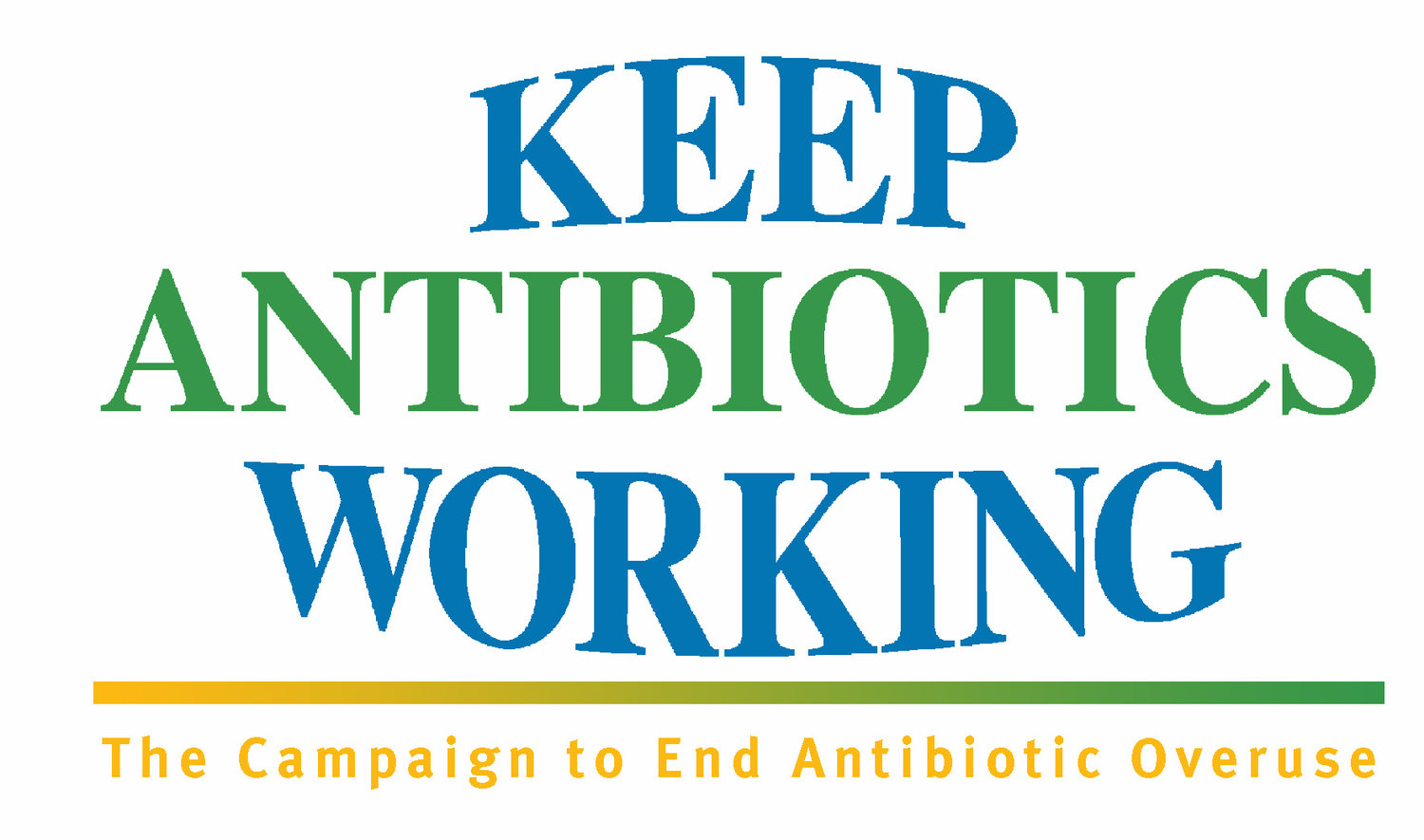STEVE ROACH, SAFE & HEALTHY FOOD PROGRAM DIRECTOR, FOOD ANIMAL CONCERNS TRUST
Antibiotic resistance is an ever-present and growing danger. Due to the overuse of these medicines in both food animals and human medicine, antibiotics are becoming less effective — even for people who don’t eat meat.
So what can you do about it? History has shown us that individuals have the power to bring about change, and this is especially true when we vote with our wallets. Agribusiness is just that — a business. The industry will always follow the money, so show them what you expect from your food by selecting only animal products that are produced with responsible antibiotic use.
Take the steps below when food shopping to stop the spread of antibiotic-resistant infections. You’ll also be sending a powerful message to grocers that they need to get superbugs off the supermarket shelves.




